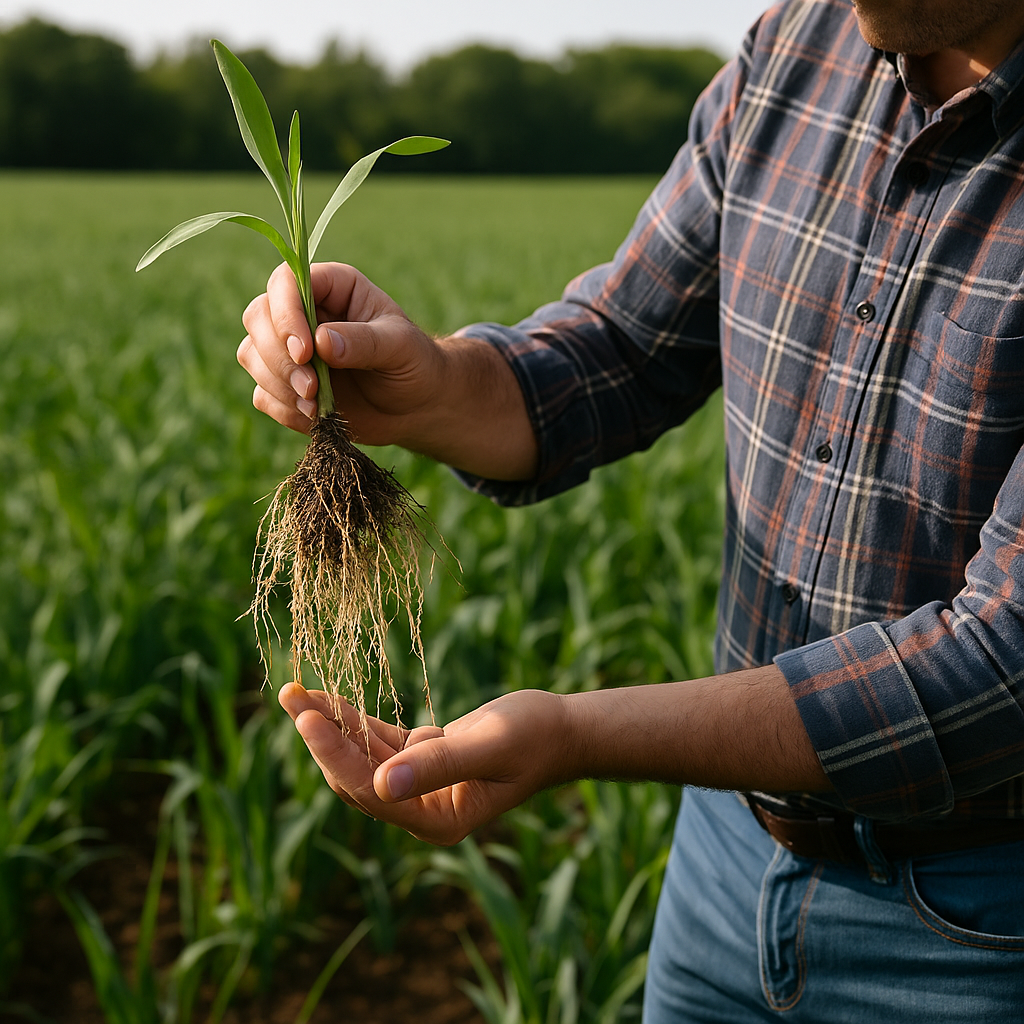
- Home
- Nature’s Design for Growth: Diverse Roots, Resilient Plants

Aditi Bijalwan
Co-founder at Agrilogy Bioscience Private Limited
Nature’s Original Strategy: Why Plants Never Grow Alone?
Walk through any forest, grassland, or uncultivated patch of earth, and you’ll witness a marvel of natural engineering—not above the ground, but beneath it.
In natural ecosystems, plants never form relationships with just one species of mycorrhizal fungi. Instead, they depend on a rich, diverse community of fungal allies living in the rhizosphere (the zone of soil surrounding their roots). This isn’t just biological event —it’s an evolved survival strategy over fine-tuned hundreds of millions of years.
This underground symbiotic network, called a mycorrhizal consortium, allows plants to access nutrients, moisture, and microbial defense mechanisms far beyond their reach alone. Each fungal species contributes its own strengths, allowing plants to adapt to changing conditions, combat stressors, and thrive in unpredictable environments.
So if nature—untamed and unmodified—thrives on microbial diversity, why should modern agriculture rely on just one species of mycorrhiza in its inoculants?
At Agrilogy Bioscience, we believe the best agricultural innovations come from studying and replicating nature's own solutions. That’s why our Agright™ VAM product is designed as a multi-species consortium, echoing the very strategy nature uses to empower plant life.
Let’s explore why this natural model of diversity is not only more effective—but essential for resilient, sustainable farming.
Where the Single-Species Model Fails?
Commercial inoculants often rely on just one fungal species—usually Glomus intraradices (Rhizophagus irregularis)—known for its capacity to improve phosphorus uptake. However, this monoculture approach suffers from serious limitations:
- Narrow Functional Scope:
A single fungal species can only contribute one set of benefits—often limited to one nutrient or function. This oversimplifies the plant’s needs and risks leaving it unsupported in times of stress or transition.
- Soil Sensitivity
In high-phosphorus soils (common in agriculture), G. intraradices often goes dormant. That means no support to the plant—no matter what the label promises.
- Uniform Colonization
Root systems and their development vary dramatically over time. A single mycorrhizal species can’t effectively colonize all parts of the root or adjust to different plant growth stages.
Mycorrhizal Consortia: Nature’s Blueprint for Resilience
In natural settings, plant roots are colonized by multiple mycorrhizal species simultaneously. This strategy provides:
- Biological redundancy: If one species falter, others compensate.
- Functional diversity: Different fungi help with different nutrients, resist different pathogens, and handle different stressors.
- Lifecycle flexibility: Some fungi activate early in plant development; others offer long-term benefits.
Inspired by this model, our Agright™ VAM features a carefully selected four-species blend, each with a unique role to play. Together, they create a resilient symbiotic network, tailored to real-world conditions and diverse crop needs.
The Power of the Agright™ VAM Consortium—Expanded Benefits
- Functional Redundancy & Synergy
Each fungal species brings distinct capabilities. Whether it’s phosphorus solubilization, nitrogen uptake, drought mitigation, or pathogen suppression, consortia provide a full spectrum of support—allowing plants to "choose" the partner they need, when they need it.
- Resilience Under Stress
Environmental fluctuations are inevitable. Some fungi in the consortium may become dormant under specific conditions (like high phosphorus), but others remain active—ensuring your crop is never without microbial allies.
- Accelerated and Diversified Colonization
The speed and pattern of root colonization differ among fungi. Early colonizers initiate quick support during germination or transplant shock, while others form deep, stable relationships that enhance long-term performance.
- Full Lifecycle Coverage
From seedling to flowering and harvest, a plant's needs evolve. With a diverse fungal network in place, your crop receives tailored support through every stage of its growth.
Nature Doesn’t Do Monoculture—Why Should You?
Every inch of living soil in the wild is flourishing with fungal diversity. Nature understands that no single organism can do it all. This complex underground system ensures plant survival, adaptability, and productivity.
By emulating this model through multi-species mycorrhizal consortia, we not only improve plant performance but also regenerate soil health, reduce dependence on chemical inputs, and move toward true agricultural sustainability.
A Smart Investment for Future-Ready Farming
Choosing the right inoculant isn’t just a technical matter—it’s a strategic decision. Single-species products may offer narrow, short-term benefits, but they fall short in the dynamic and often stressful environments modern growers face.
By investing in a mycorrhizal consortium like Agright™ VAM, you provide your crops with:
- Adaptive microbial support
- Broader nutrient access
- Greater resistance to environmental stress
- Faster establishment and long-term vitality
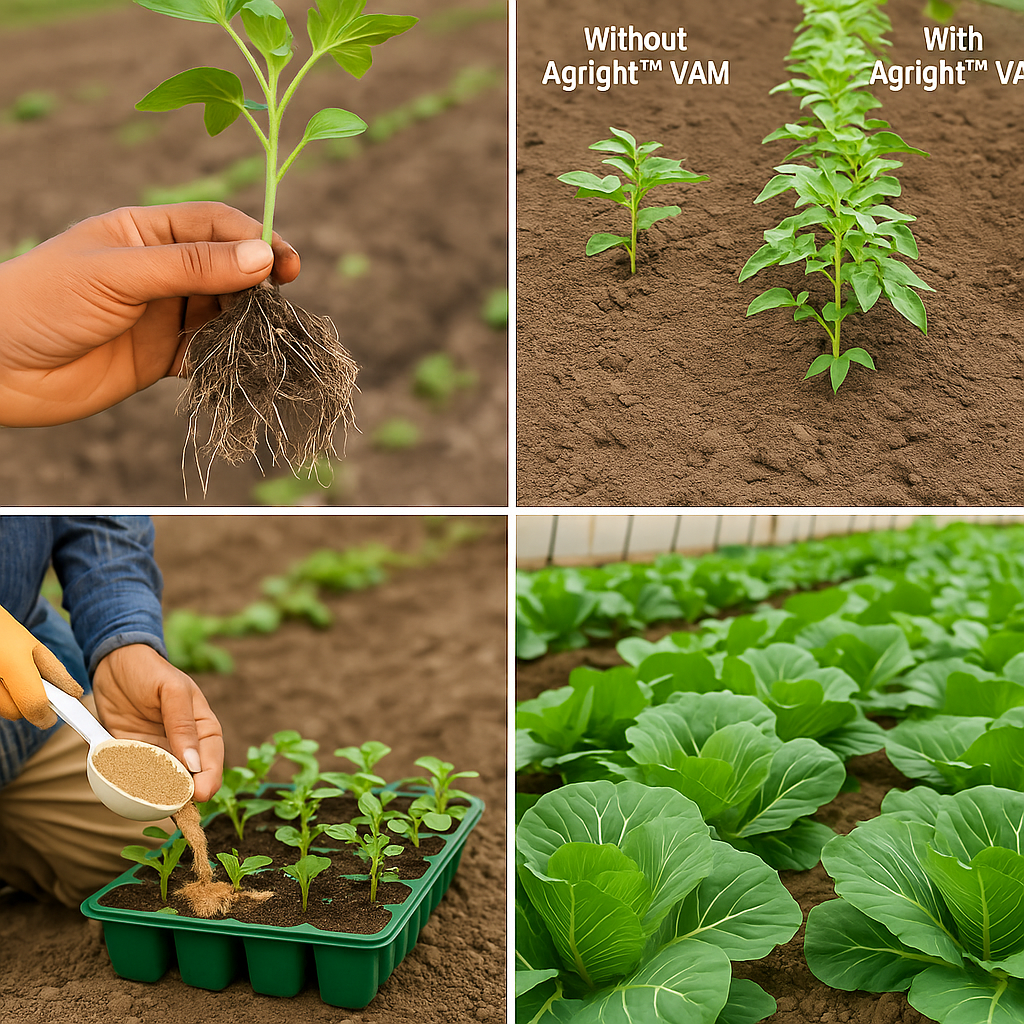
Nature Knows Best: Trust the Underground Network
Nature has already done the research. It chose diversity. It chose collaboration. It chose resilience through complexity.
At Agrilogy Bioscience, we bring these natural principles into your fields—helping you grow smarter, stronger, and more sustainably.
Comments (0)
No comments yet. Be the first to comment!
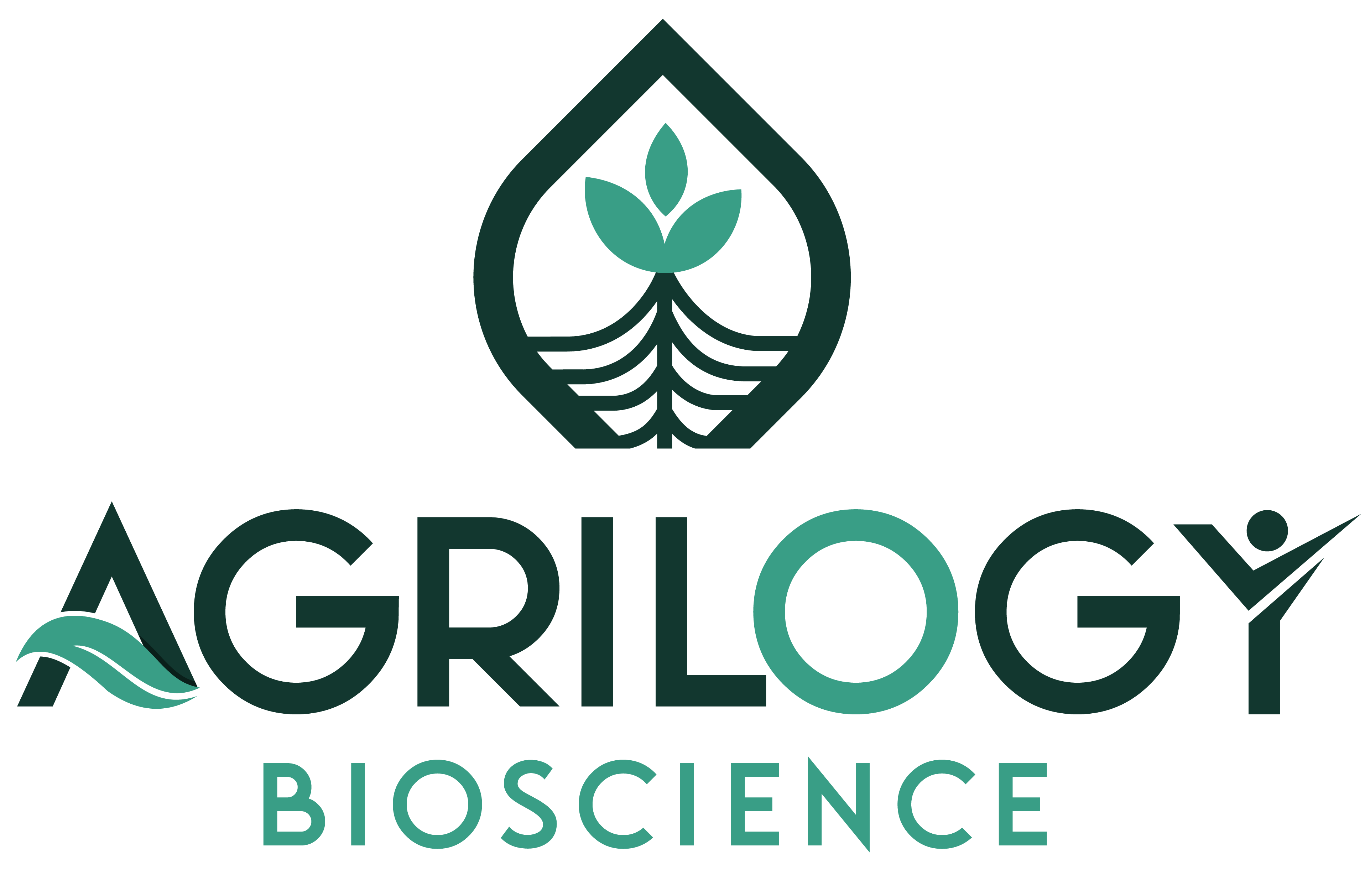
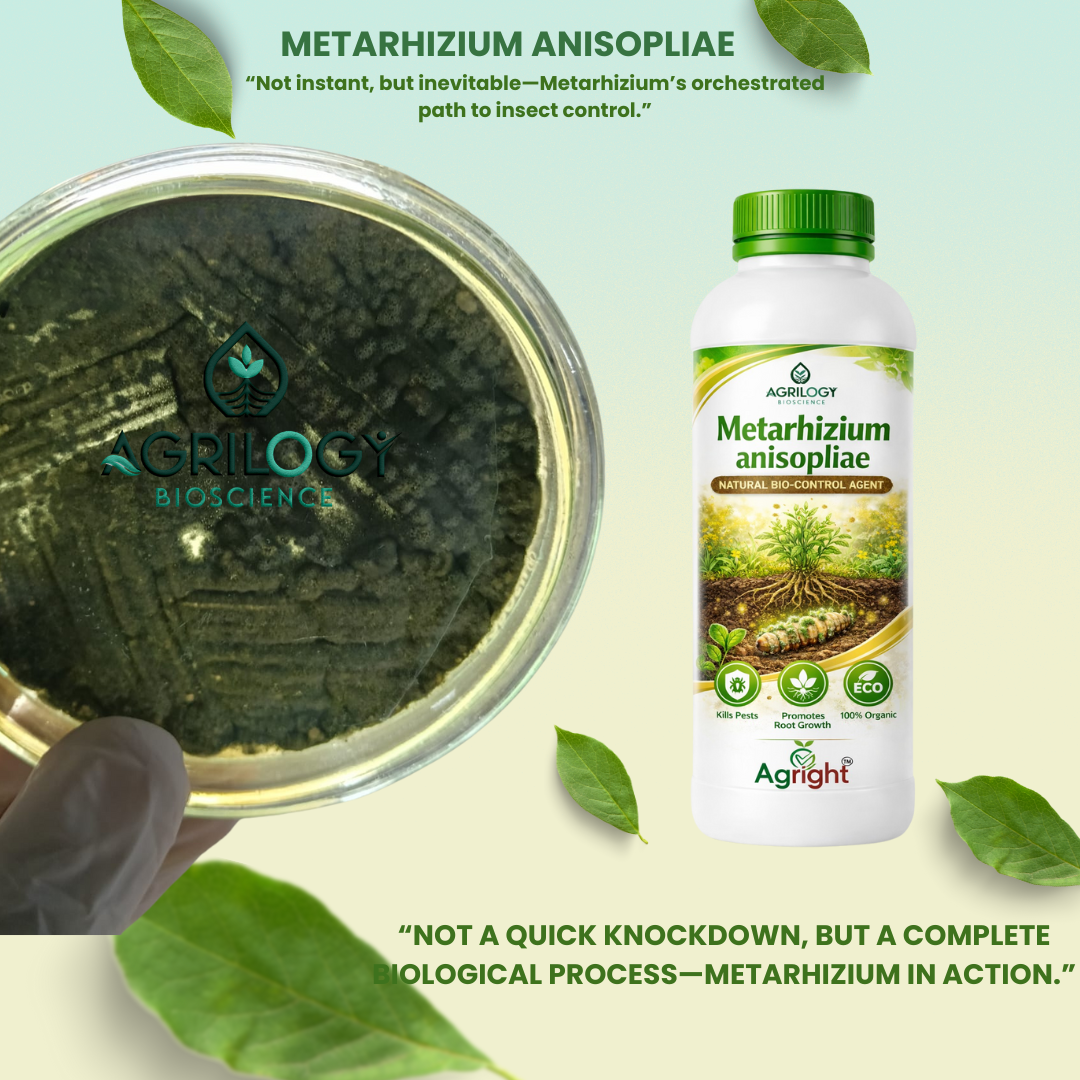
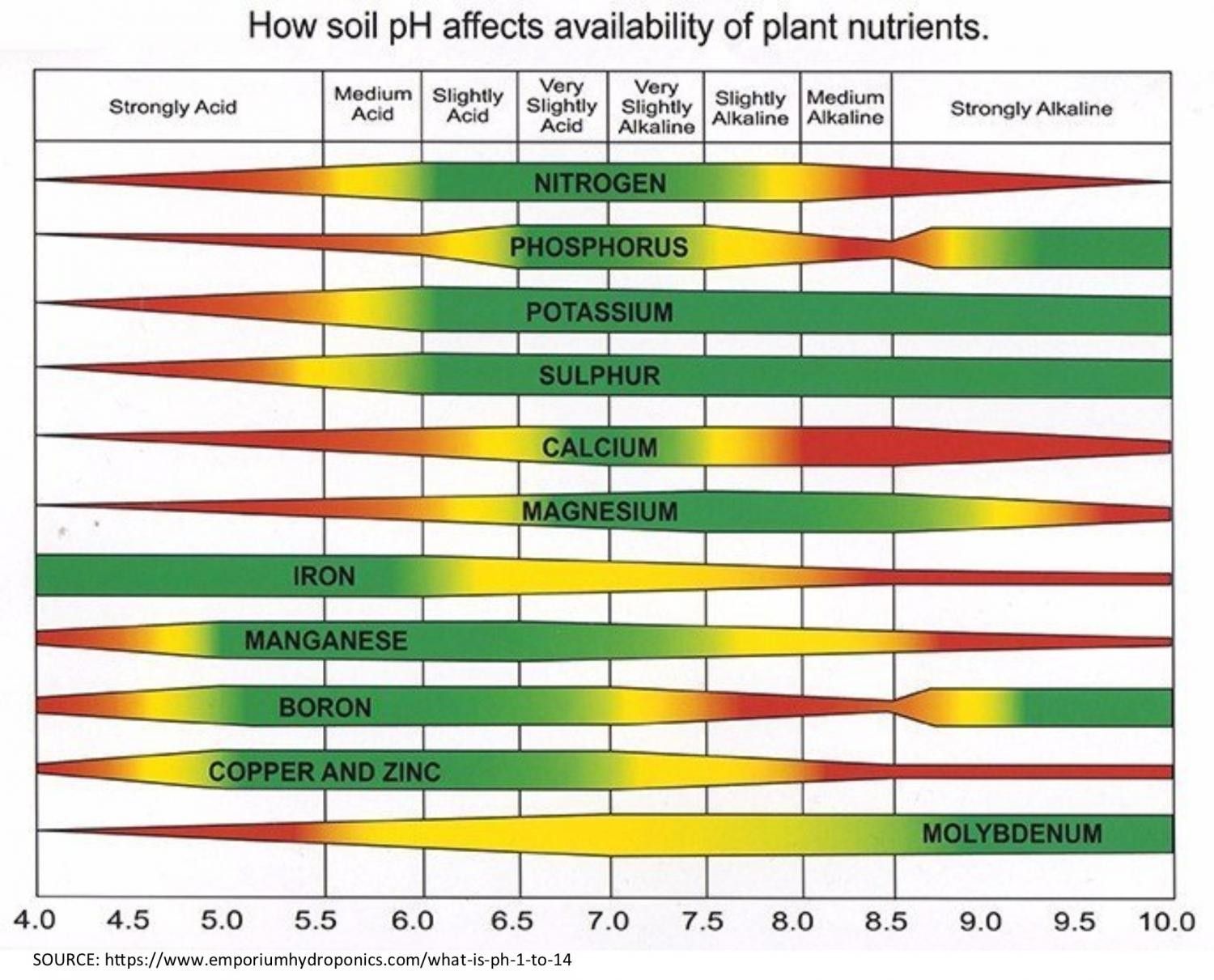

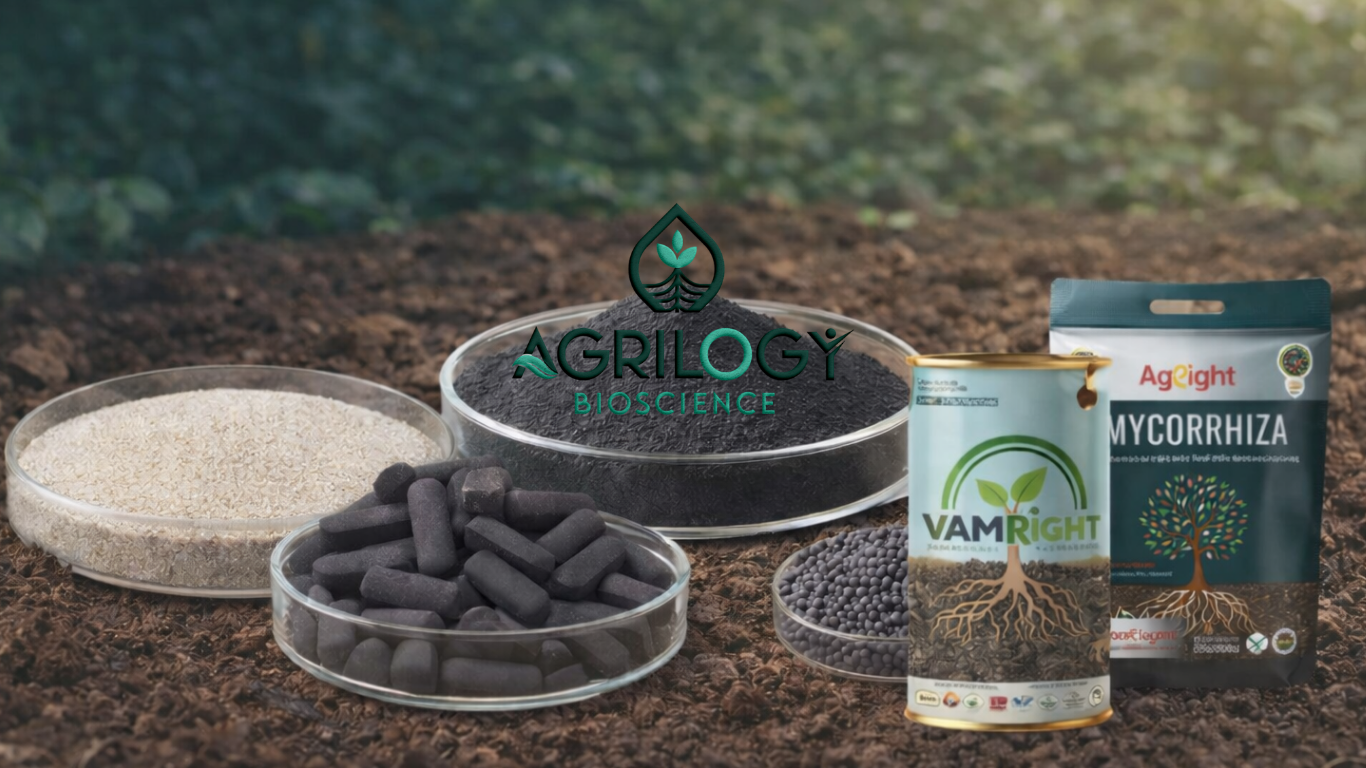
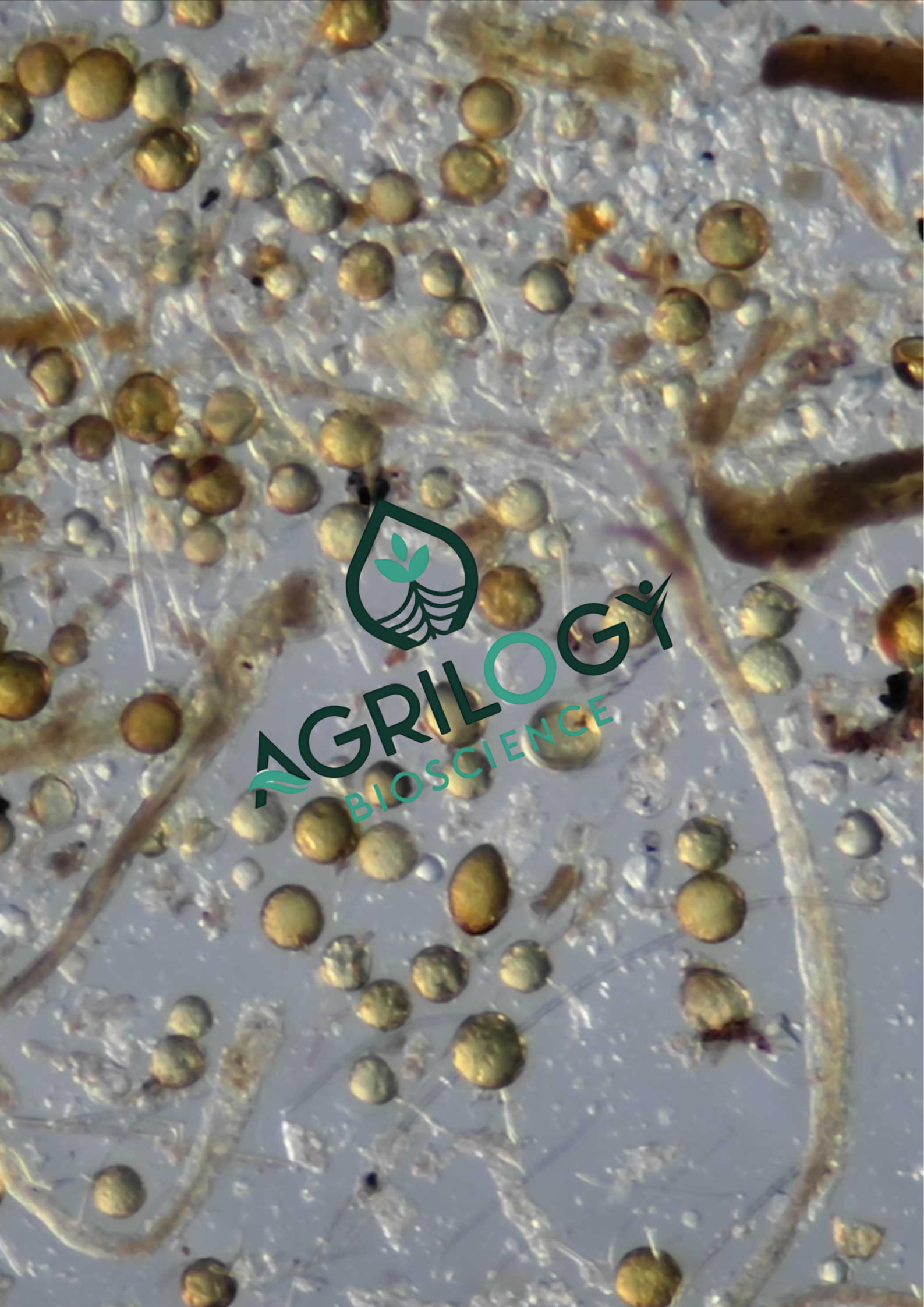
Leave a Comment